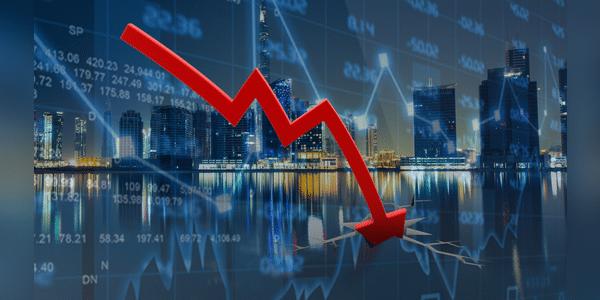Armageddon here, slump there. Recession, crash, bearmarket. We hear them a lot. But in fact, I don't think there's any need to worry about any of that. I'll show you a few reasons.

Most people see the stock market as a giant roulette wheel, where some people have a system that allows them to recognize that brilliant buy that will make it so they never have to do anything again. And some people may be good at it, but the reality is that most people don't make money investing or get rich by being smarter than the system.
In fact, chasing short-term gains is about like betting. And the secret isn't finding brilliant investments In fact, it's identifying good companies with strong long-term growth plans.
The problem - and it's a big one - is that trading is exciting and investing is boring. Buying $BRK-B just doesn't sound as appealing as watching charts on six monitors all day and making trade after trade. Moreover, long-term holding has historically worked…